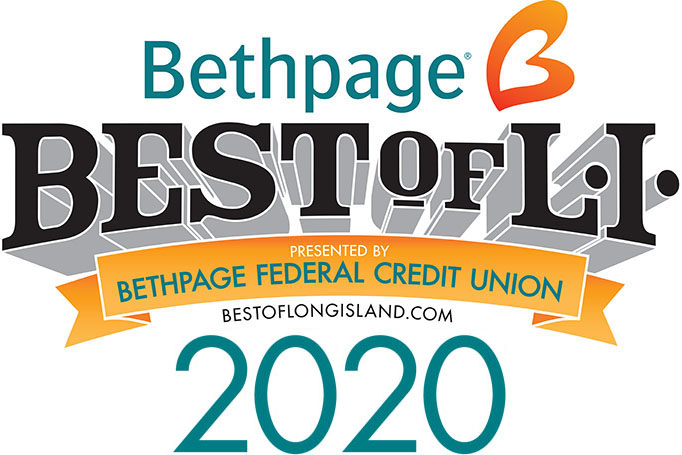Q&A with Andy Kraus
Senior Vice President, Accounts
Describe your start as a newspaper reporter.
Journalism schools were crowded with eager beavers determined to be the next Woodward or Bernstein. Luckily, I was mentored by a Philadelphia Inquirer reporter who had just won a Pulitzer and was the best investigative reporter in the city. My first “AHA!” moment hit when I realized that what I wrote — whether a big story or a small one — shaped opinions and, in some instances, created change.
How is PR different from journalism?
They’re more the same than different. Good PR people apply many of the same principles, such as creating compelling stories and telling them with informed and lively interview subjects, anecdotes and visuals. I’ve always felt that, in fact, I am basically a journalist, but my topics are simply limited to my clients, their industries and issues that are relevant to them.
You’ve done a lot of crisis management — what is that like?
Most clients have little experience being thrown in the media hot-seat… basically, we’re in it every day. I’ve often told journalists, especially when things get heated, that they’re hearing from me instead of my client because we’re their advocate — our job is to ensure that whatever is written or aired, first and foremost, meets the highest standards for fairness, balance and accuracy.
What was your biggest lesson about community relations?
I was a reporter covering protests over construction of a nuclear power plant. The leader of the demonstrations was the inimitable 60’s radical and “Yippie” founder Abbie Hoffman. Through numerous interviews and interactions, I learned from this icon of activism that at the core, uncertainty and fear drive stakeholders to oppose, and even disrupt, major projects. This has been true with virtually every major project on which I’ve worked.

